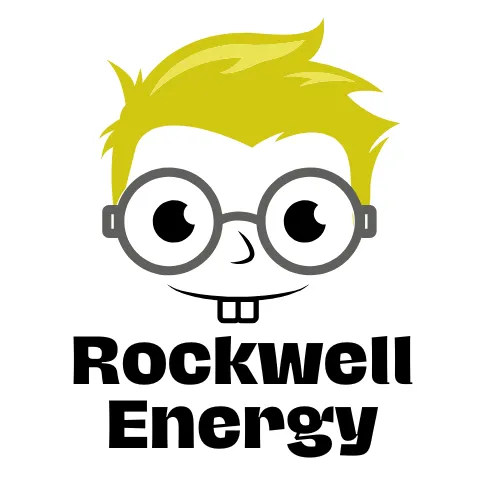Power Your
Home
With The Sun
Power Your
Home
With The Sun
We focus on the needs of your specific location, adapting your technology, install and permit process, and even aesthetics to your local conditions.

Up to date information on energy and solar industry
In our blog, we strive to stay current with industry standards and changes in the solar sector. By providing the latest insights, trends, and updates, we aim to empower homeowners with the knowledge they need to make informed decisions about solar energy. Our commitment to continuous learning ensures that you receive accurate, relevant information that reflects the evolving landscape of solar technology and policies.

NV Energy Bill's are on The Rise
Amid Rising Energy Insecurity and Utility Disconnections, Nevadans Consider Solar as a Sustainable Option
As energy insecurity continues to impact millions of households across the United States, Nevadans are feeling the pinch of rising utility costs, particularly from NV Energy, the state’s primary utility provider. With little transparency on the number of households disconnected from power each year, many residents are increasingly considering solar energy as a way to reduce their reliance on traditional utilities, mitigate rising costs, and achieve more energy stability.
Disconnection Transparency and the Push for Accountability
Utility shutoffs due to nonpayment remain a significant issue, affecting an estimated one million U.S. households annually. But in Nevada, there’s a lack of data showing how many households face power disconnections each year. This gap in reporting has led the Sierra Club’s Toiyabe Chapter to propose a bill that would require NV Energy and other providers to disclose disconnection numbers by location and household demographics, offering a clearer picture of how many Nevadans struggle to keep their power on.
In June, NV Energy proposed a significant rate hike that would nearly triple the basic service charge for Northern Nevada customers. Such changes are a wake-up call for Nevadans facing rising costs. Olivia Tanager, director of the Sierra Club’s Toiyabe Chapter, stated, "Without public information on who is affected by these rate changes, it's impossible to address community needs effectively." For many, these cost increases and the looming threat of disconnection have strengthened the case for transitioning to solar energy.
Solar Energy: A Sustainable Alternative
For homeowners and businesses looking for a reliable, affordable solution, solar power presents an attractive option. By installing solar panels, individuals can produce their own energy, reducing monthly utility bills and insulating themselves against future rate hikes. For those considering this switch, here are several ways solar can offer security and affordability:
1. Cost Savings: Once installed, solar panels significantly reduce or even eliminate monthly electricity bills, enabling households to save hundreds, if not thousands, of dollars annually.
2. Energy Independence: Unlike traditional energy, which is subject to utility provider control, solar power allows residents to generate their own energy, minimizing the risk of disconnection due to nonpayment.
3. Environmental Impact: Solar energy is a clean, renewable resource that reduces greenhouse gas emissions and supports Nevada’s push toward sustainable energy solutions, especially important in a region that faces high temperatures and climate vulnerabilities.
Financial Incentives for Going Solar
Nevada offers several incentives to make solar installations more affordable, such as:
- Federal Tax Credit: Qualifying homeowners can claim a federal tax credit for up to 30% of the solar installation cost.
- Net Metering: NV Energy offers net metering, allowing customers to sell excess energy back to the grid, providing additional savings.
### Making the Switch: How to Start
Switching to solar can seem overwhelming, but many providers in Nevada offer installation, maintenance, and customer service support. To get started:
- Get an Energy Assessment: Many companies offer free assessments to help determine the best system size and potential cost savings for your home.
- Research Providers: Nevada has several reliable solar installation providers who can guide you through the process, helping you maximize incentives and minimize upfront costs.
- Explore Financing Options: Solar providers often offer flexible financing options, including loans and leasing agreements, so you can find a plan that fits your budget.
Looking Ahead
As utility rates increase, Nevadans facing disconnection threats are exploring alternatives that ensure long-term savings and energy security. Solar energy stands out as an empowering choice, providing more control over energy consumption and helping residents avoid future price hikes from traditional utilities like NV Energy.
In considering solar, Nevadans have an opportunity to break free from utility-driven costs, achieve greater independence, and play a role in building a more resilient and sustainable energy future.

Facebook
Instagram
Youtube